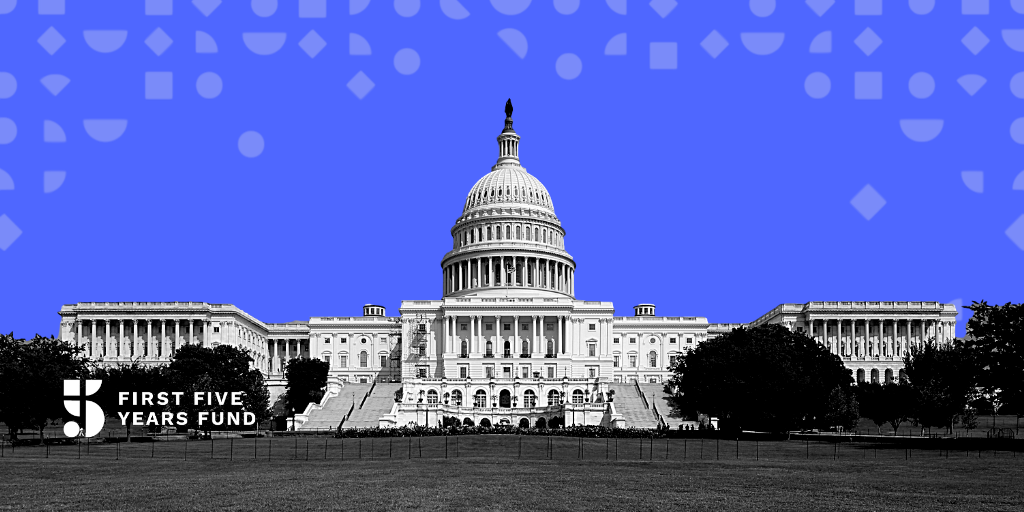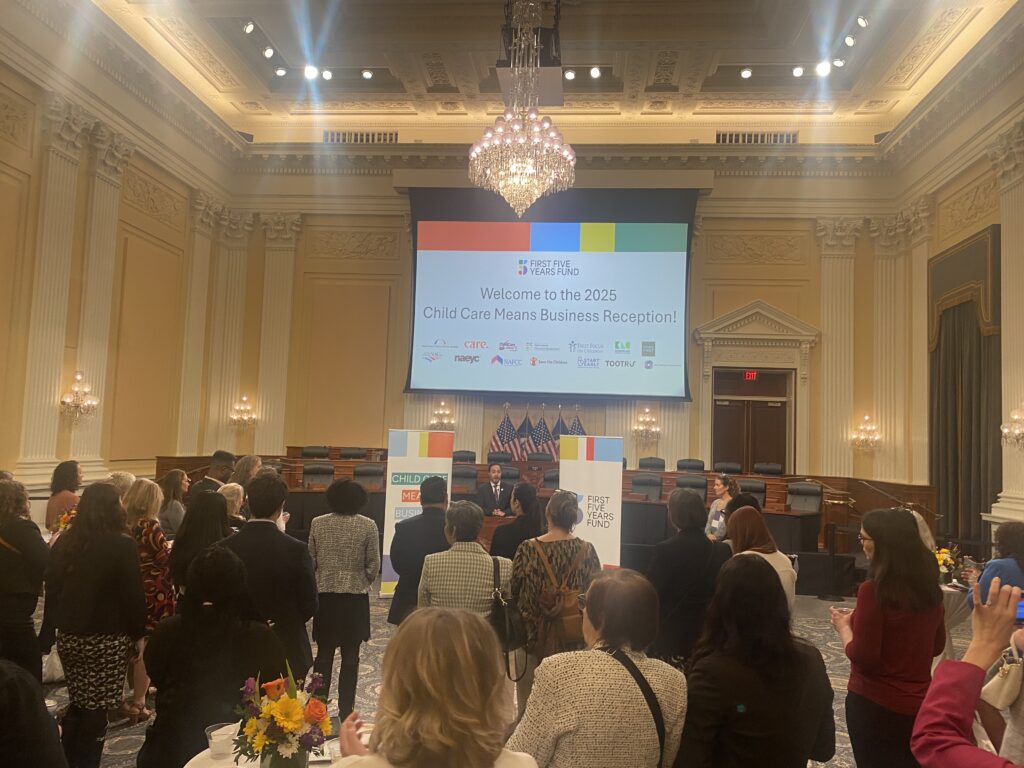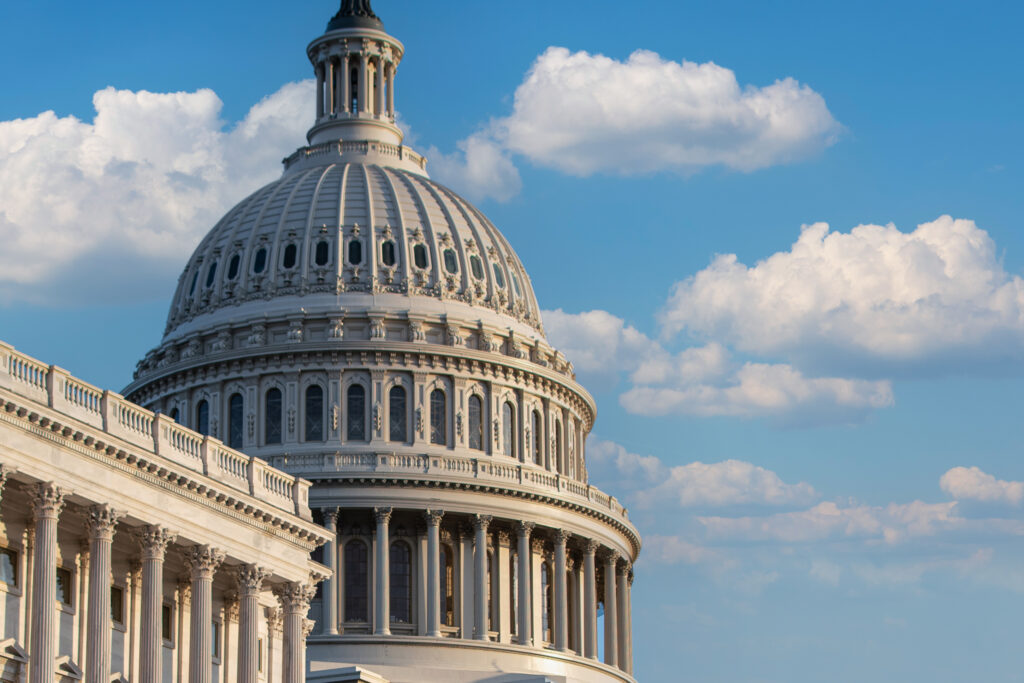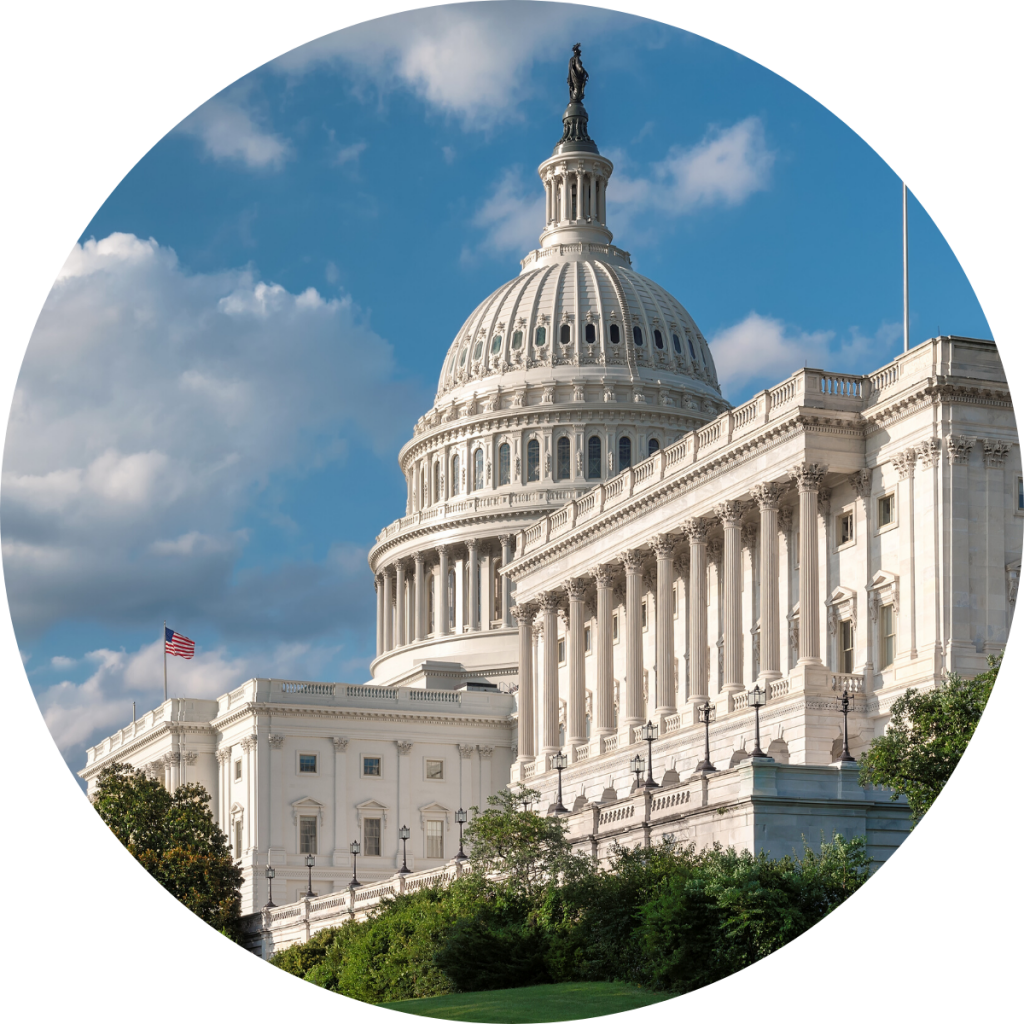Reconciliation Update: House Passes Build Back Better Act and Sends to Senate

On Friday, the House passed H.R. 5376, the Build Back Better (BBB) Act, a cornerstone of which is the child care and early learning programs that will make early childhood education affordable and accessible while also strengthening our economy.
The legislative package includes an expansion of access to high-quality, affordable child care for about 20 million children per year and covers 9 out of 10 families across the country with young children. It also caps child care costs at up to 7% of income for families making up to 2.5 times their state’s median income, expands access to high-quality, free, and mixed-delivery preschool services available to all three- and four-year-old children on a voluntary basis, and includes support for providers to increase wages for the child care and pre-K workforce. Additional details about the impact of BBB on the early learning and care system can be found here.
The bill now heads to the Senate, where the bill will move through the reconciliation process, which allows for lawmakers to pass legislation with only a simple majority and side-step procedural hurdles, but also requires that none of the provisions in the bill violate the Senate’s Byrd Rule. The Byrd Rule prohibits provisions in the bill that do the following:
- have no budgetary effect;
- worsen the deficit when a committee has not achieved its reconciliation target;
- are outside the jurisdiction of the committee that submitted the title or provision;
- produce a budgetary effect that is merely incidental to the non-budgetary policy change;
- increase deficits for any fiscal year outside the reconciliation window; and
- recommend changes in Social Security.
Once this process is complete, the Senate will vote on the bill. If passed, the bill would then return to the House for a final vote, before heading to President Biden’s desk to be signed into law. We anticipate signage could happen by the end of the year or early next year. A broad summary of the reconciliation process can be found here.
The passage of BBB through budget reconciliation, however, is separate from the annual appropriations process, which funds the federal government including an array of federal early learning and care programs. These critical early learning programs, mostly targeted at lower-income families, rely on annual appropriations to determine their yearly funding levels. Congress must act by December 3 to fund the government and avoid a shutdown either by passing annual appropriations bills — either individually or coupled together in what is known as an omnibus — or by passing a short-term Continuing Resolution (CR), which would allow for additional time to continue negotiating the annual appropriations bills.
Subscribe to FFYF First Look
Every morning, FFYF reports on the latest child care & early learning news from across the country. Subscribe and take 5 minutes to know what's happening in early childhood education.



